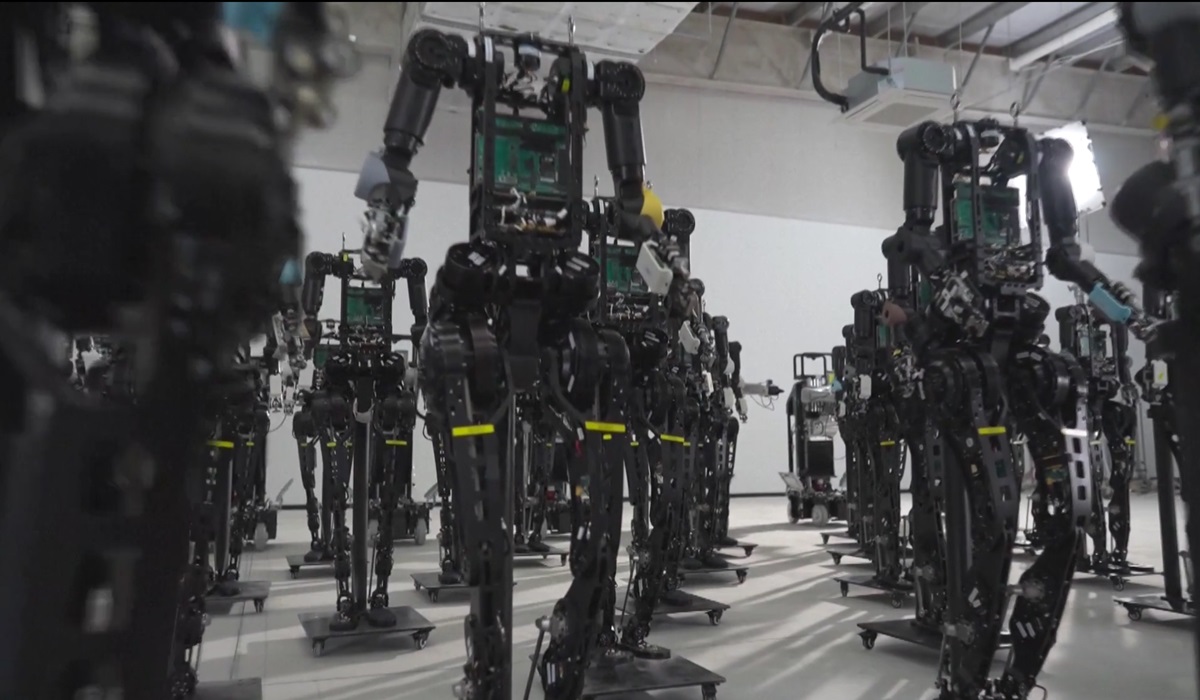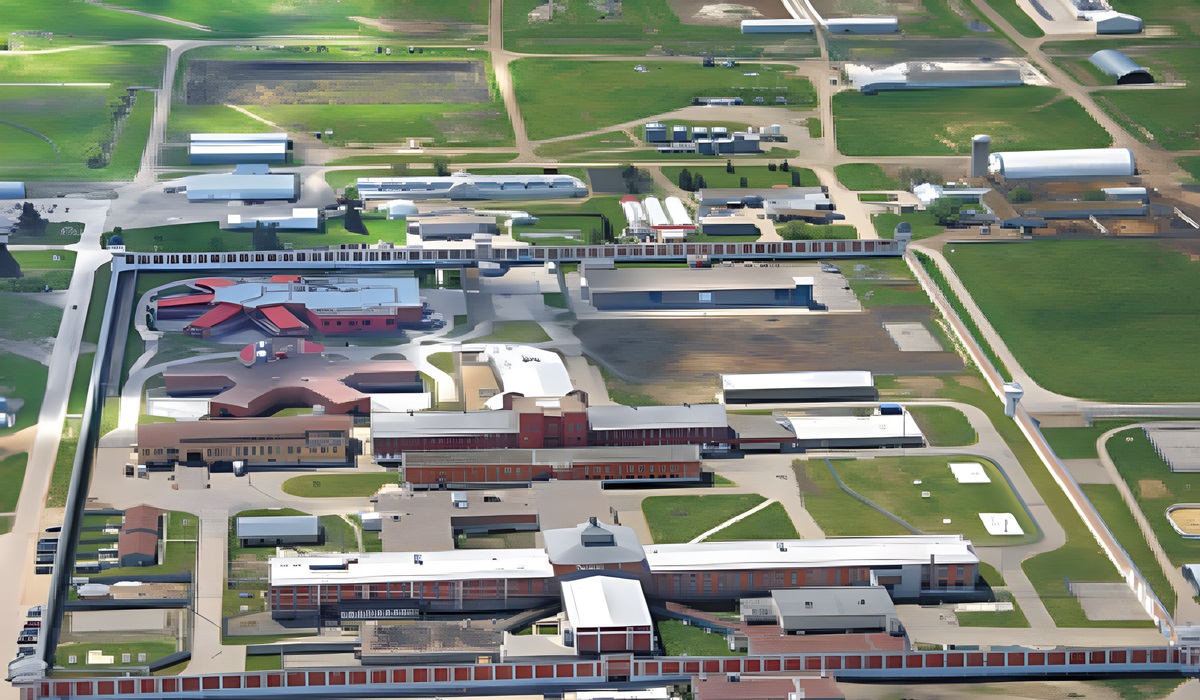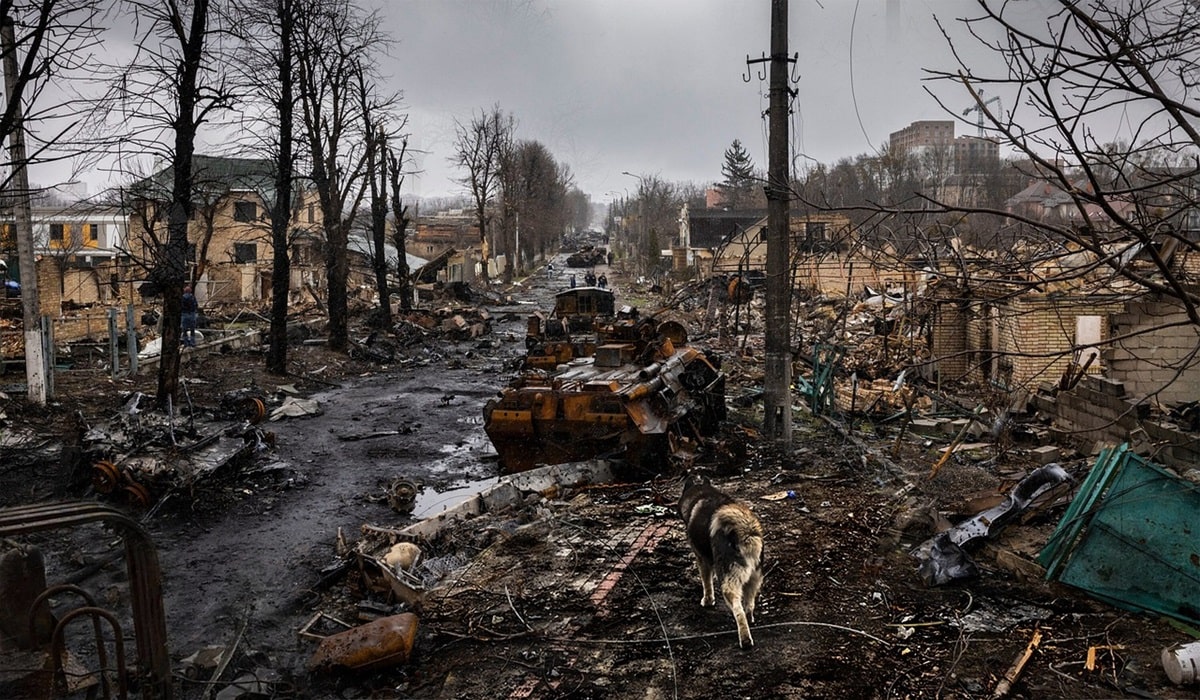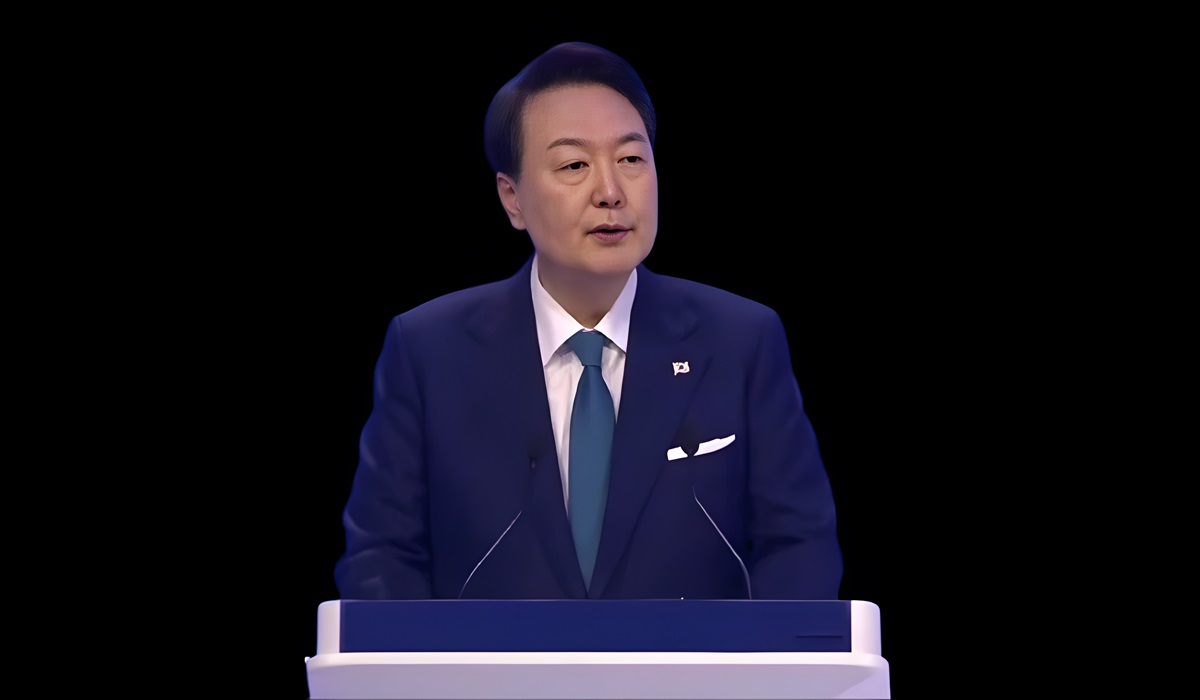The Paradox of Democracy: Assessing the CIA’s Transposition Fallacies of Regime Changes
- TDS News
- Breaking News
- U.S.A
- July 10, 2023

The Central Intelligence Agency (CIA) contends that behavioural patterns are learned, and opinions tend to solidify by age 25, making meaningful regime change a formidable task. This raises a pertinent question: How can the CIA reasonably expect to effectuate significant transformations in nations with deeply ingrained political cultures and well-established governing systems? Moreover, it is essential to recognize that countries pursuing regime change often have their motivations and self-interests, casting doubts on purely altruistic liberation efforts.
The notion that behavioural patterns become fixed by age 25 underscores the difficulty of transforming deeply ingrained political cultures. These cultures have developed over time, influenced by historical events, cultural norms, and local contexts. Attempting to impose Western-style democracy on nations without considering their unique circumstances and political histories is unrealistic. It is impractical to expect a sudden transition to a foreign democratic model to yield positive outcomes, especially when the populace and elites have grown accustomed to the existing political system.
The CIA’s regime change operations often presuppose nations can seamlessly adopt a Western or European form of democracy. However, such assumptions overlook the complexities and variations within democratic systems and disregard the importance of context-specific transitions. True democratic progress requires a genuine understanding of the societal dynamics and an organic evolution of political structures.
Regime change efforts are seldom driven solely by sincere motives. Countries pursuing such interventions often have their geopolitical, economic, and strategic interests at stake. Access to resources, favourable trade conditions, and regional dominance frequently underpin these operations. Consequently, the emphasis on self-interest raises questions about the sincerity of the proclaimed democratic objectives.
Regime change interventions historically reveal that the liberation of oppressed populations is not always the foremost concern. Rather, strategic interests and power dynamics are central to shaping foreign interventions. This realization undermines the credibility of such operations and calls into question imposed changes’ sustainability and long-term benefits.
Regardless of intentions, regime change operations often lead to unintended consequences and destabilization. The aftermath of interventions in countries like Iraq, Libya, and Afghanistan is a reminder of the chaos and suffering experienced by local populations. Inadequate planning for post-regime change scenarios contributes to power vacuums, sectarian violence, and the emergence of extremist groups.
Covert tactics employed during regime change operations often erode trust, fuel anti-Western sentiments, and violate the sovereignty of targeted nations. Excluding local stakeholders from decision-making undermines interventions’ legitimacy and effectiveness, intensifying resentment and resistance. Neglecting local perspectives risks exacerbating societal divisions, impeding the prospects of stable governance and sustainable democracy.
Recognizing the challenges and pitfalls associated with regime change operations, alternative approaches can promote positive change. Constructive dialogue, diplomacy, and support for grassroots movements create an environment conducive to long-term stability and democratic progress. Investment in education, civil society, and human rights can gradually pave the way for organic democratic transformations, respecting the aspirations and agency of the people.
Moreover, prioritizing transitional justice mechanisms facilitates reconciliation in societies affected by past abuses and divisions. Truth commissions, reparations, and inclusive judicial processes contribute to societal healing, accountability, and a sense of justice. Focusing on these initiatives can build a foundation for an inclusive and sustainable future, free from the chaos and instability often associated with abrupt regime changes.
The transposition policies and fallacies of the CIA, assuming fixed behavioural patterns and the efficacy of enforced regime change, fail to account for the complexities of deeply ingrained political cultures and historical contexts. Additionally, regime change interventions are often motivated by self-interest, casting doubt on the authenticity of proclaimed liberation efforts.
History reveals that unintended consequences and destabilization frequently follow regime change operations. Therefore, alternative approaches that emphasize diplomacy, dialogue, and support for local actors offer a more sustainable path toward democratic progress. Acknowledging the agency and aspirations of people within a nation, rather than imposing external ideals, paves the way for genuine and lasting change.








